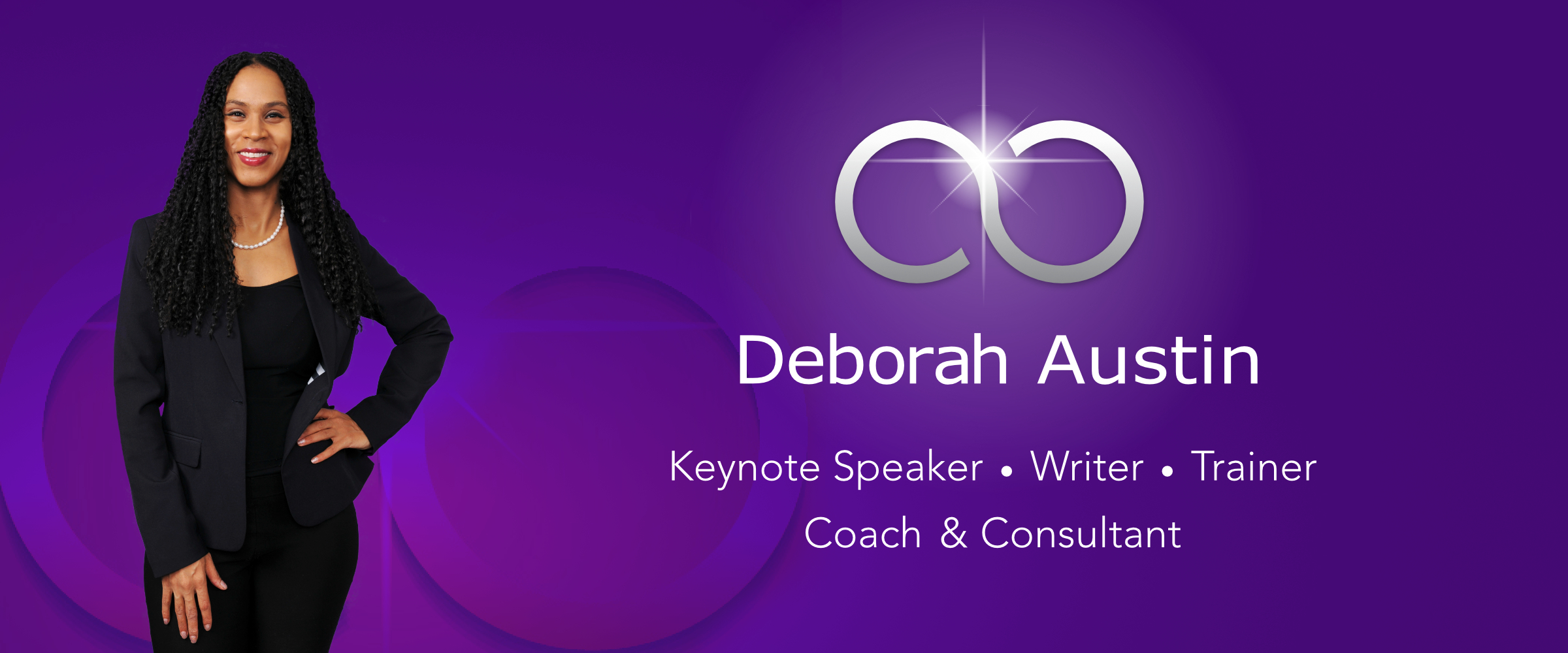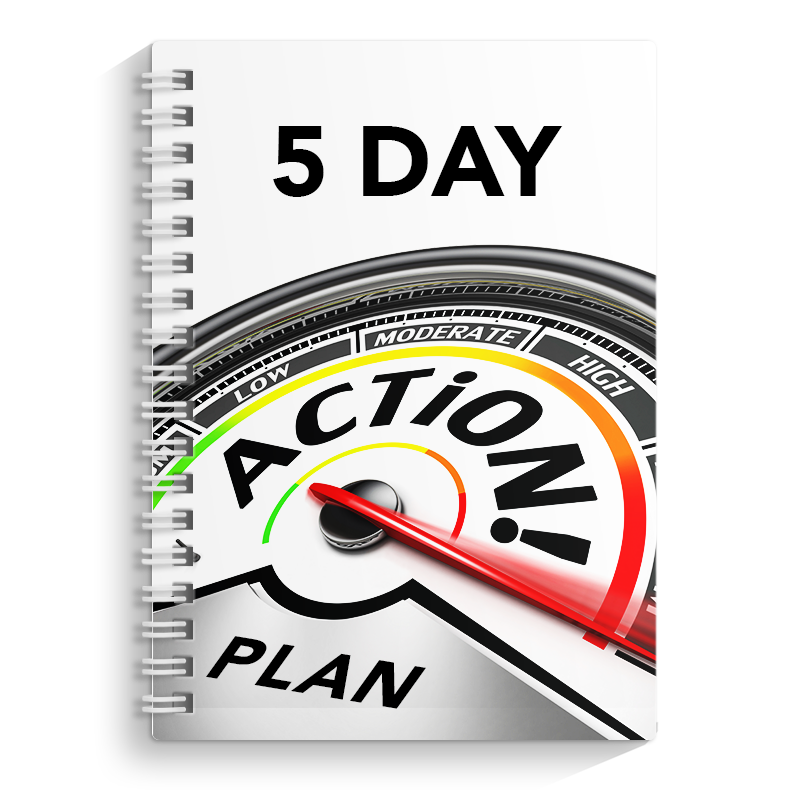Audacity. Say it out loud. Audacity! It feels good, doesn’t it? According to www.merriam-webster.com, the definition of audacity is intrepid boldness or bold or arrogant disregard of normal restraints. Now I would never advocate that someone be arrogant; however, if the circumstances are ones that have prevented you from pursuing your goals or you feel stuck in a particular situation perhaps that definition is worthy of consideration. Breaking the bonds of conformity and being truly who you are requires audacity.

Are you an audacious person? Is that you? Do you have the audacity to be seen, to be heard, for who you truly are? Can you own your brilliance? In other words, can you embody that boldness that is required to start a business? Or be vulnerable? Or to step outside of your comfort zone to speak in front of an audience to demonstrate your talents and expertise. There are studies that indicate that when it comes to public speaking, some people are more fearful to speak in public than they are of death. They are fearful of being ridiculed or of being judged. This is unfortunate because speaking in front of a group about an important topic can be an enjoyable experience.
Speaking is the way that you express yourself, communicate and connect with others. On a one to one basis most people don’t find it too difficult to express their thoughts to loved ones, friends and colleagues. Yet to speak in front of an audience can be for some people, one of the most terrifying experiences that they will encounter.
This is truly unfortunate because if you don’t learn to become an effective speaker and effective overall communicator, you’ll miss out on many of life’s opportunities. This inability will hamper you both personally and professionally. Public speaking and communicating effectively are essential skills you need to learn in order to get your message out into the world. Commit to yourself that you will be audacious when it comes to speaking your truth. Being bold and having the audacity to be seen and heard for who you truly are begins with knowing that you are worthy to pursue your dreams. In other words, it’s time to start owning your brilliance and the value that you bring to the world.
Today, think about (and share below) one way you can be bold or audacious in taking a step towards one of your goals. Know that you have value and you are ready to be seen and heard for who you truly are…in all of your brilliance!
Please comment and share if you obtained value from this post.


